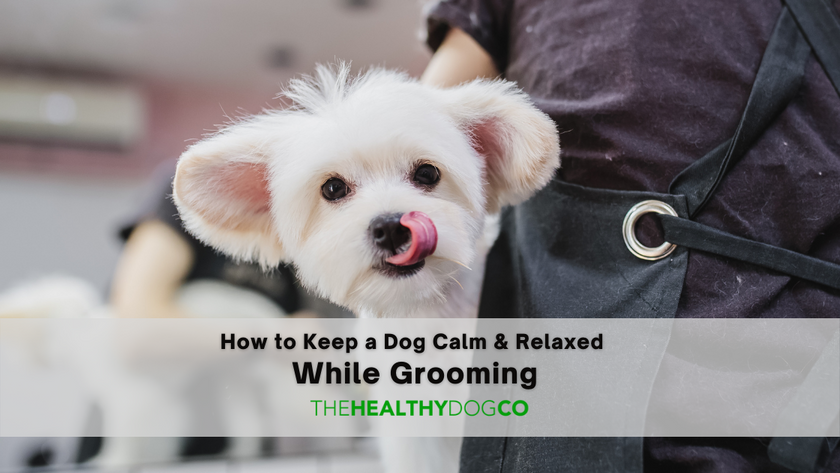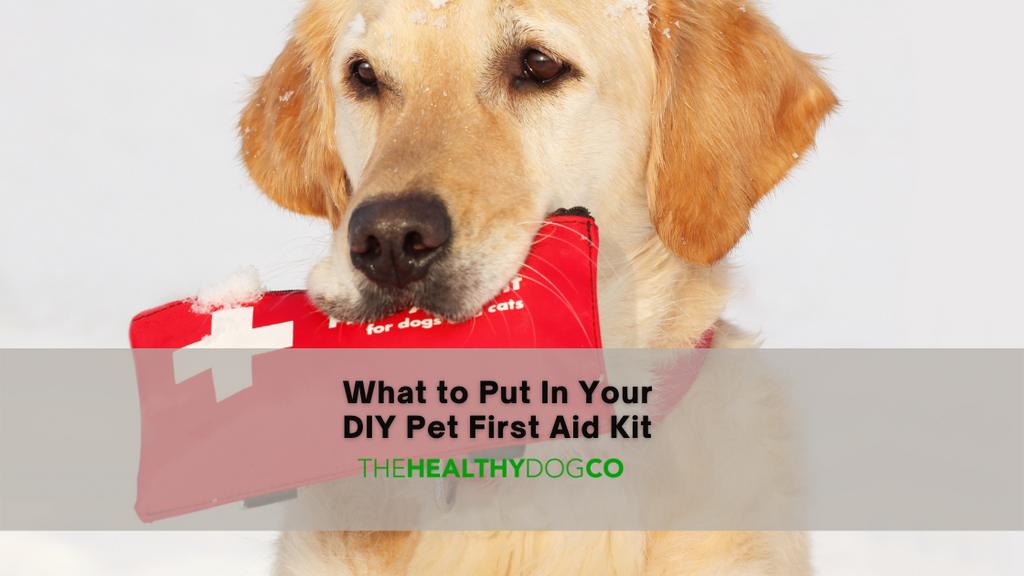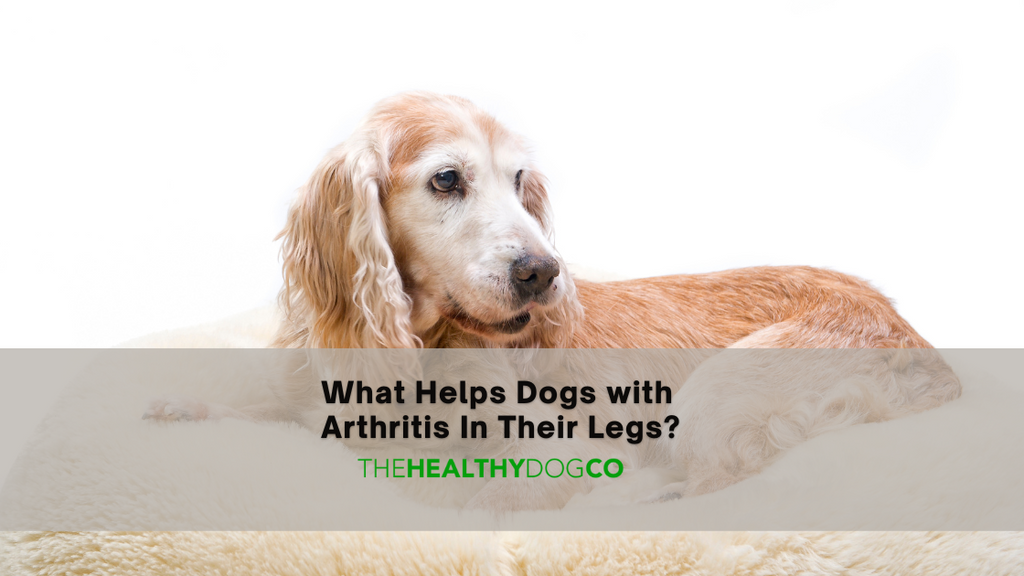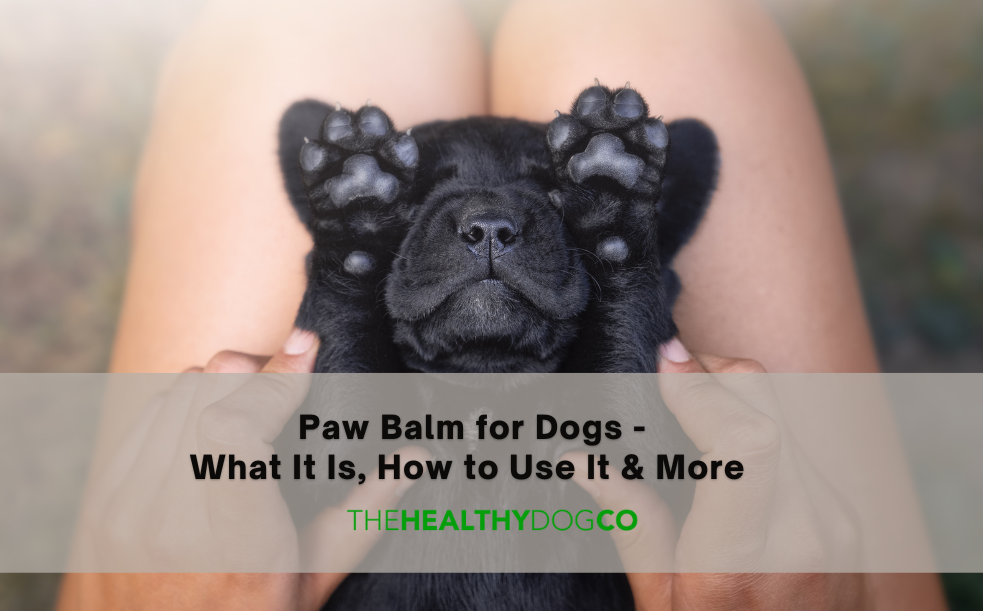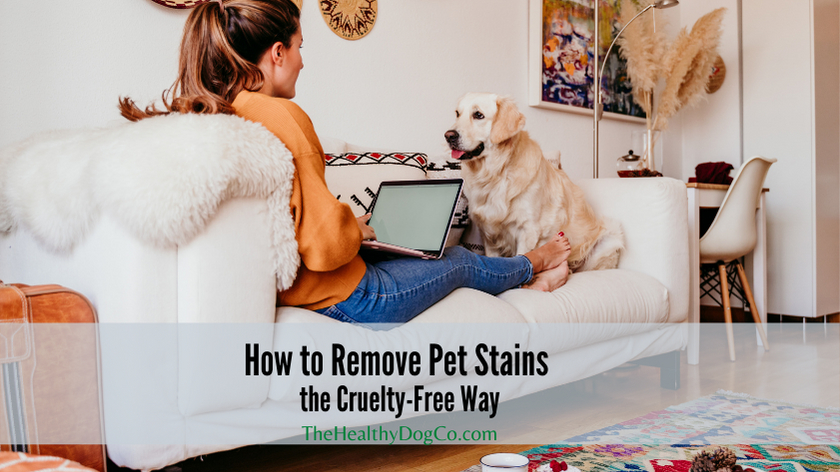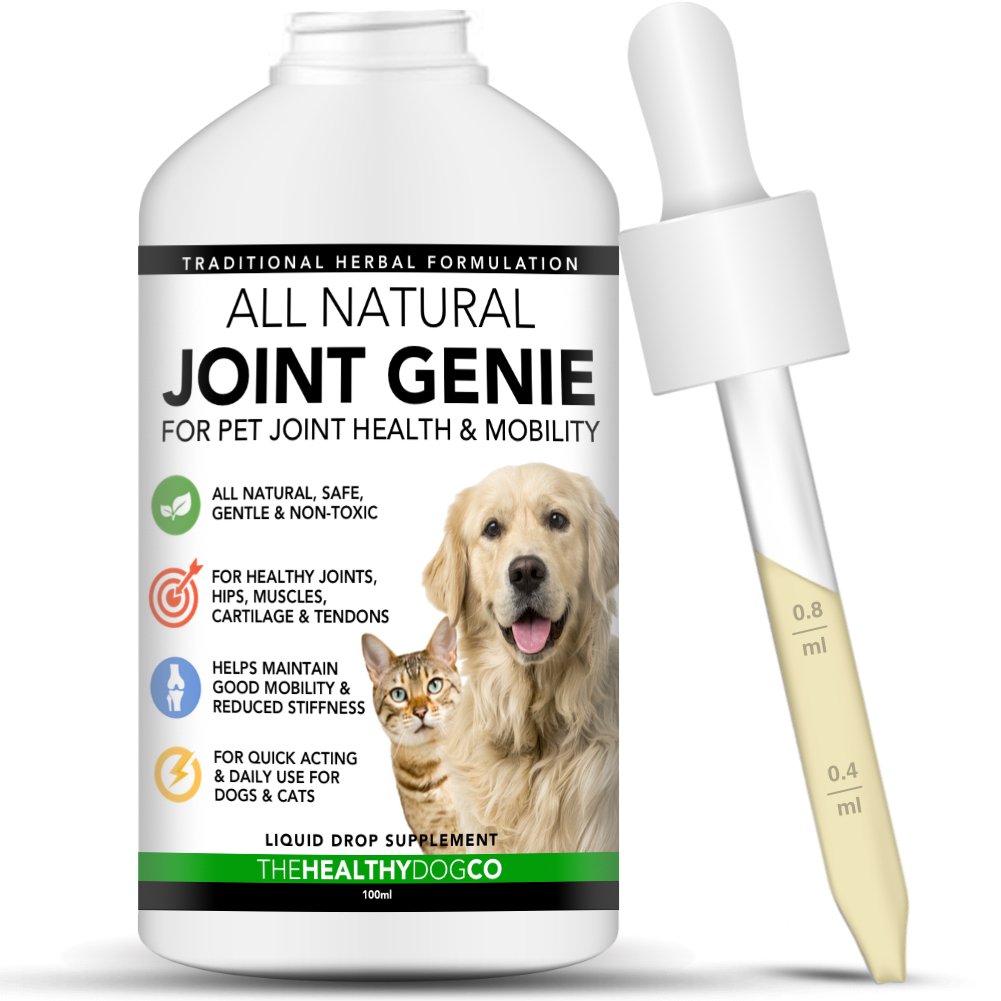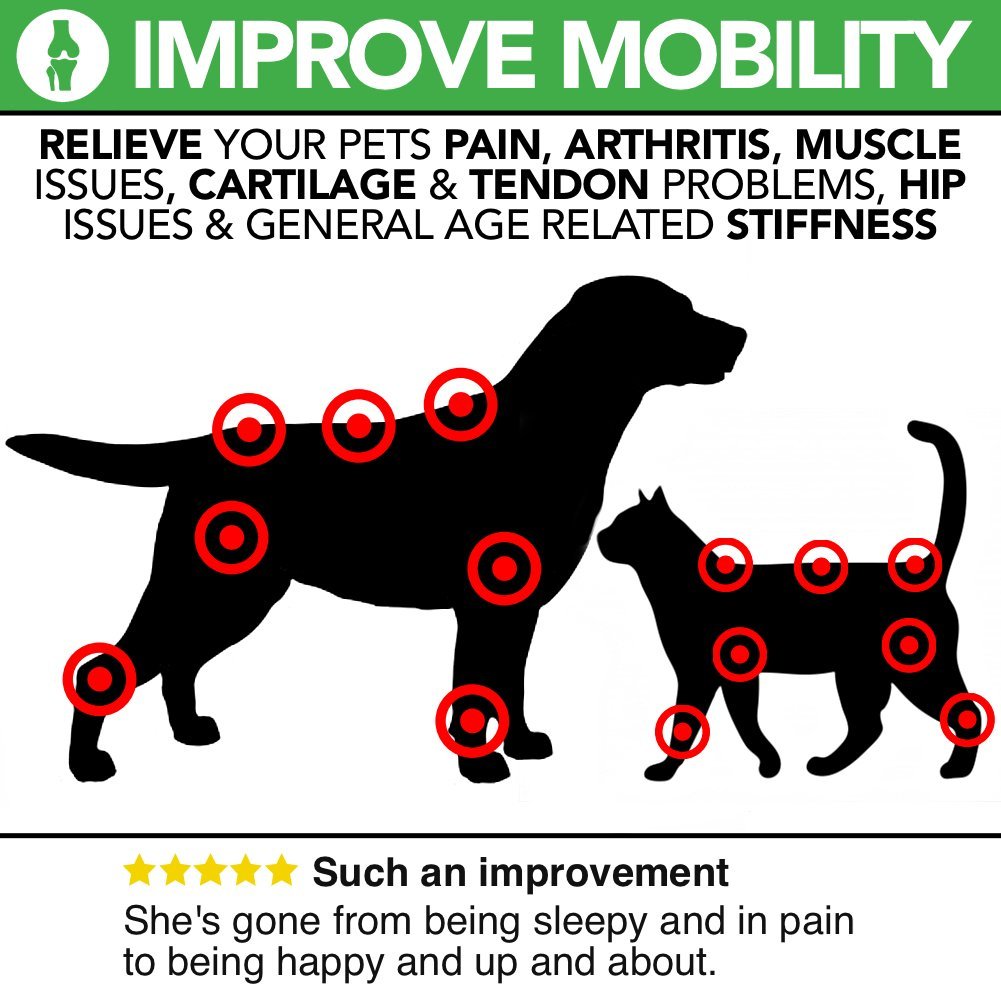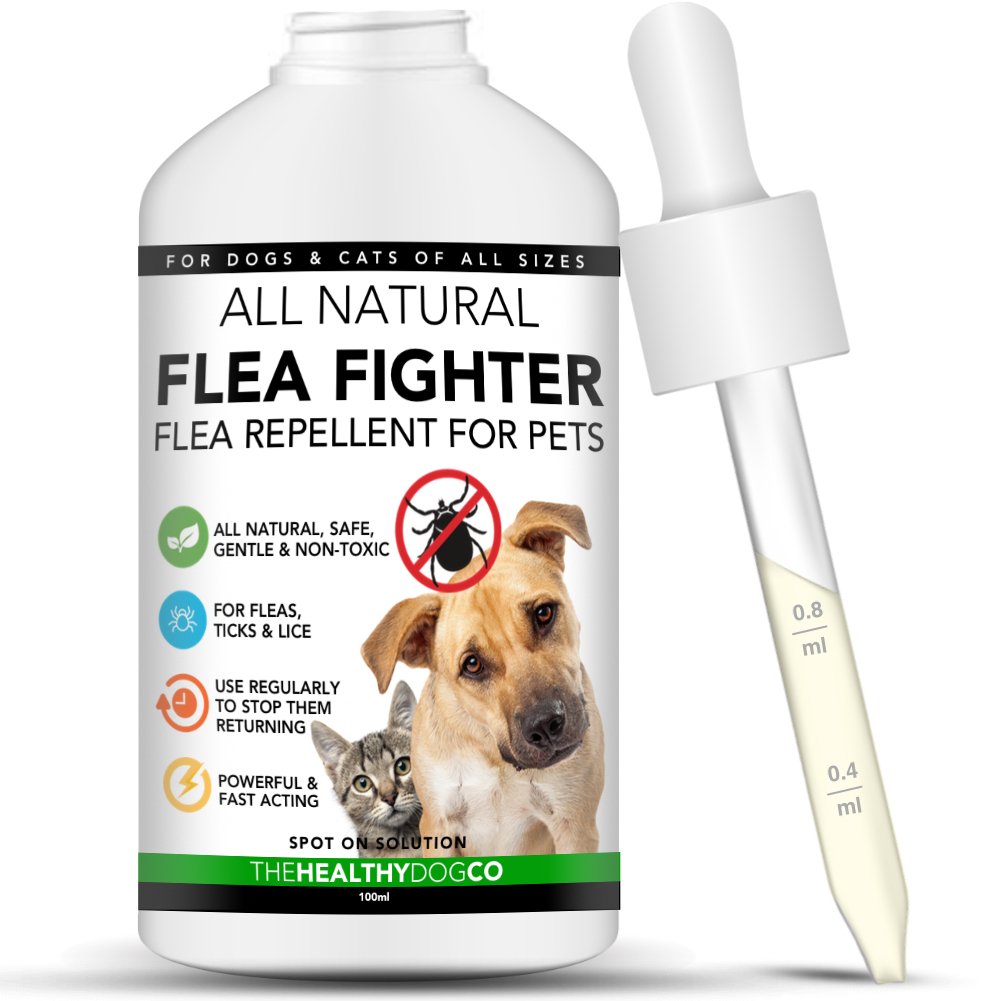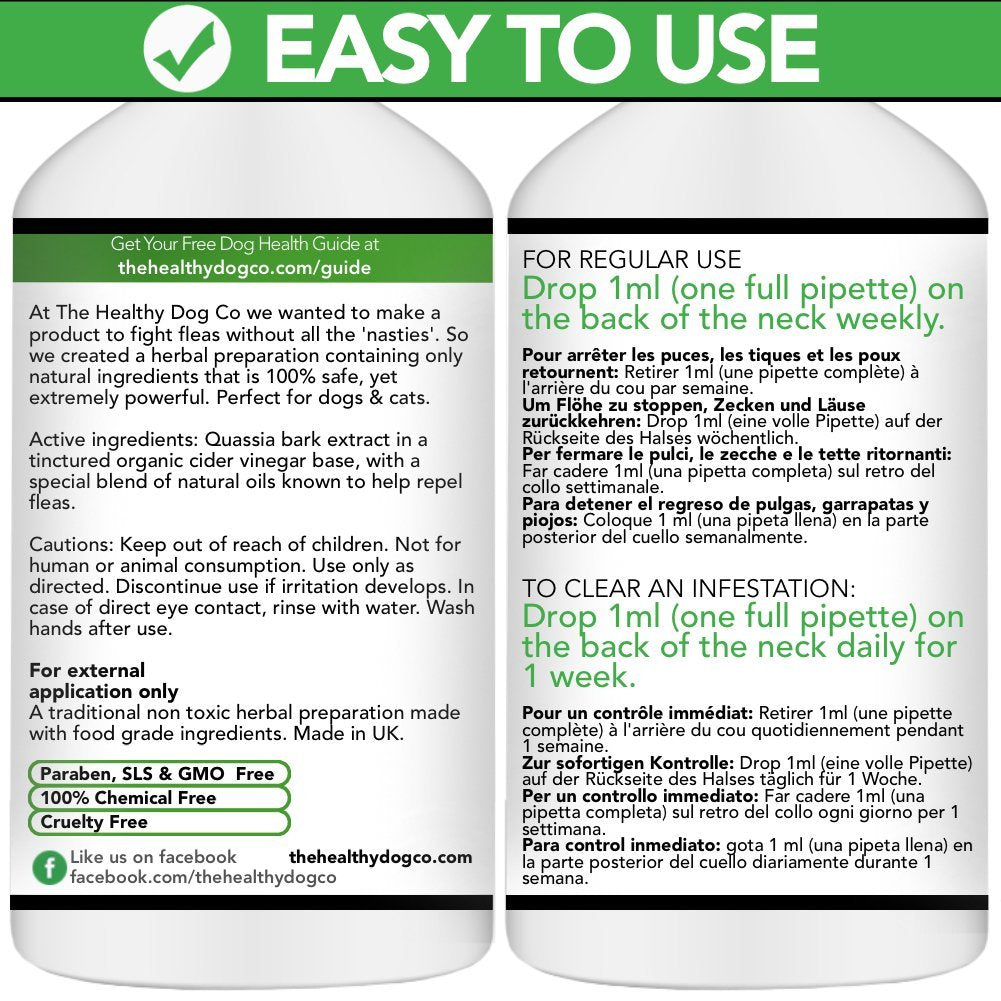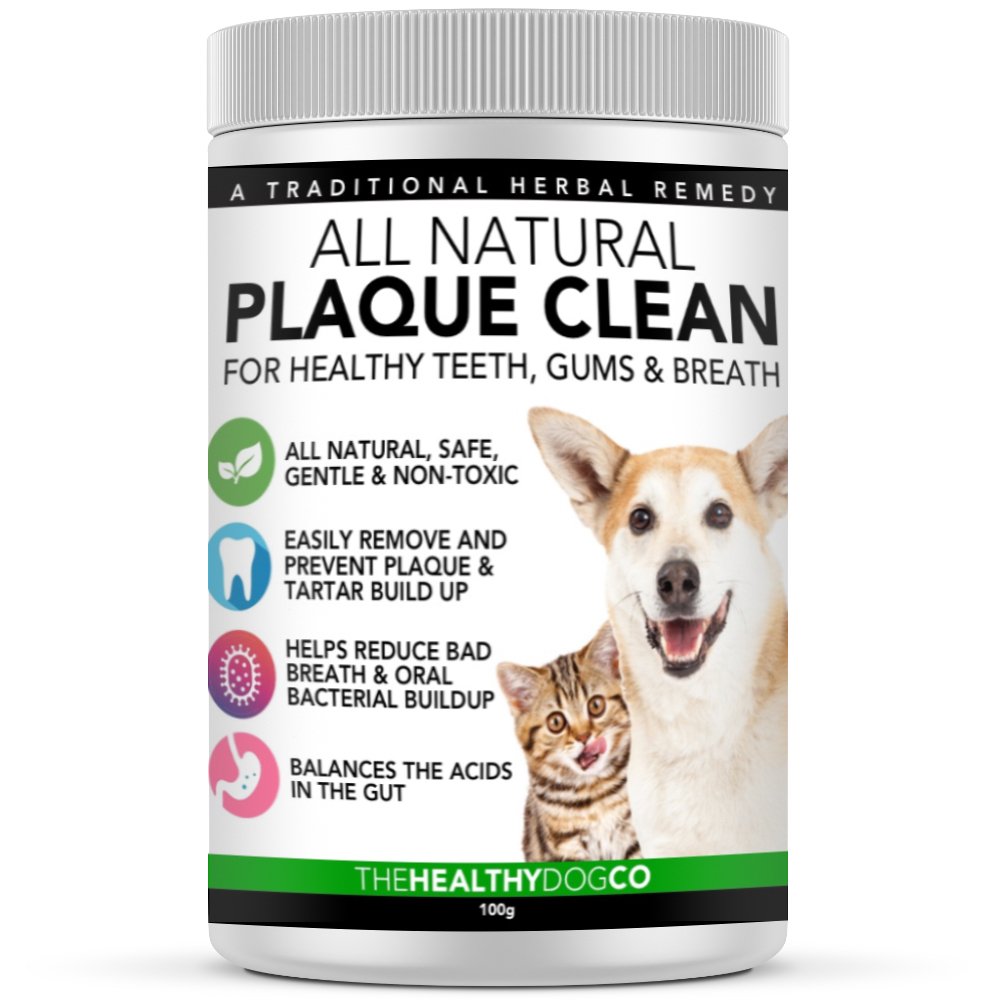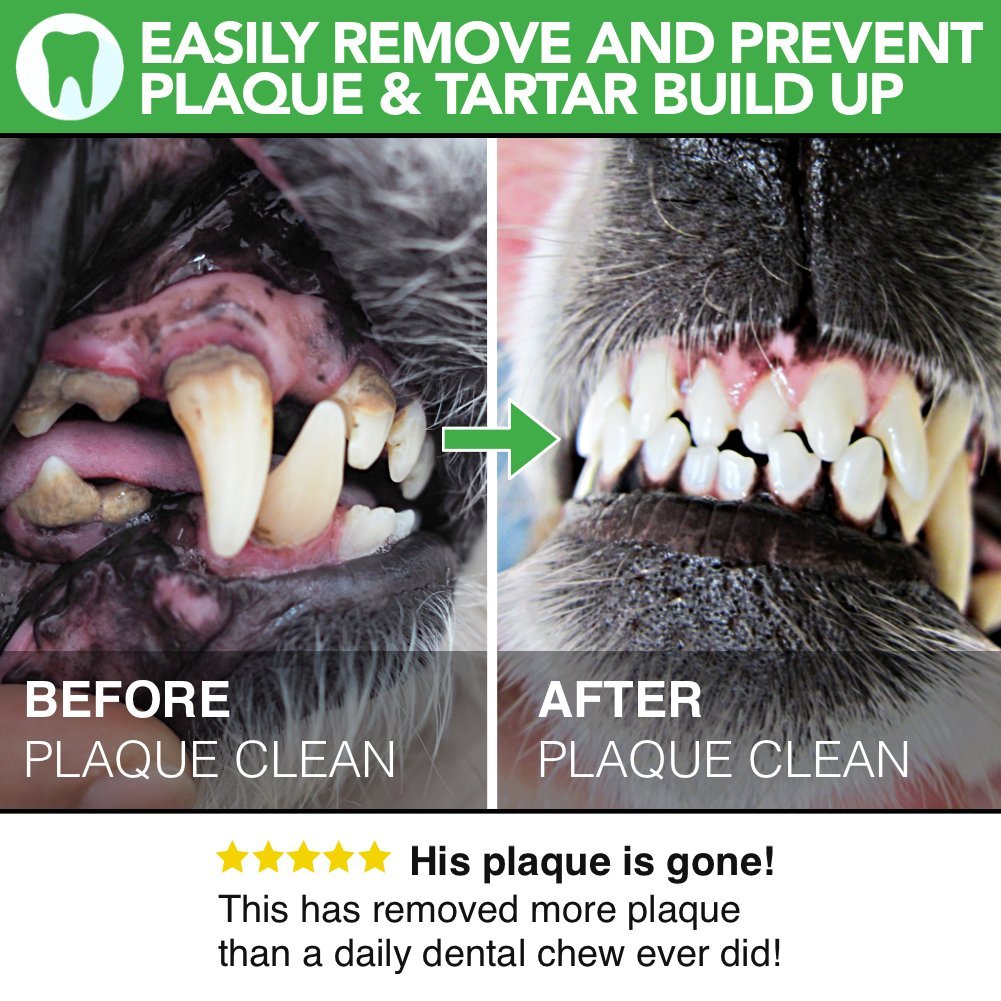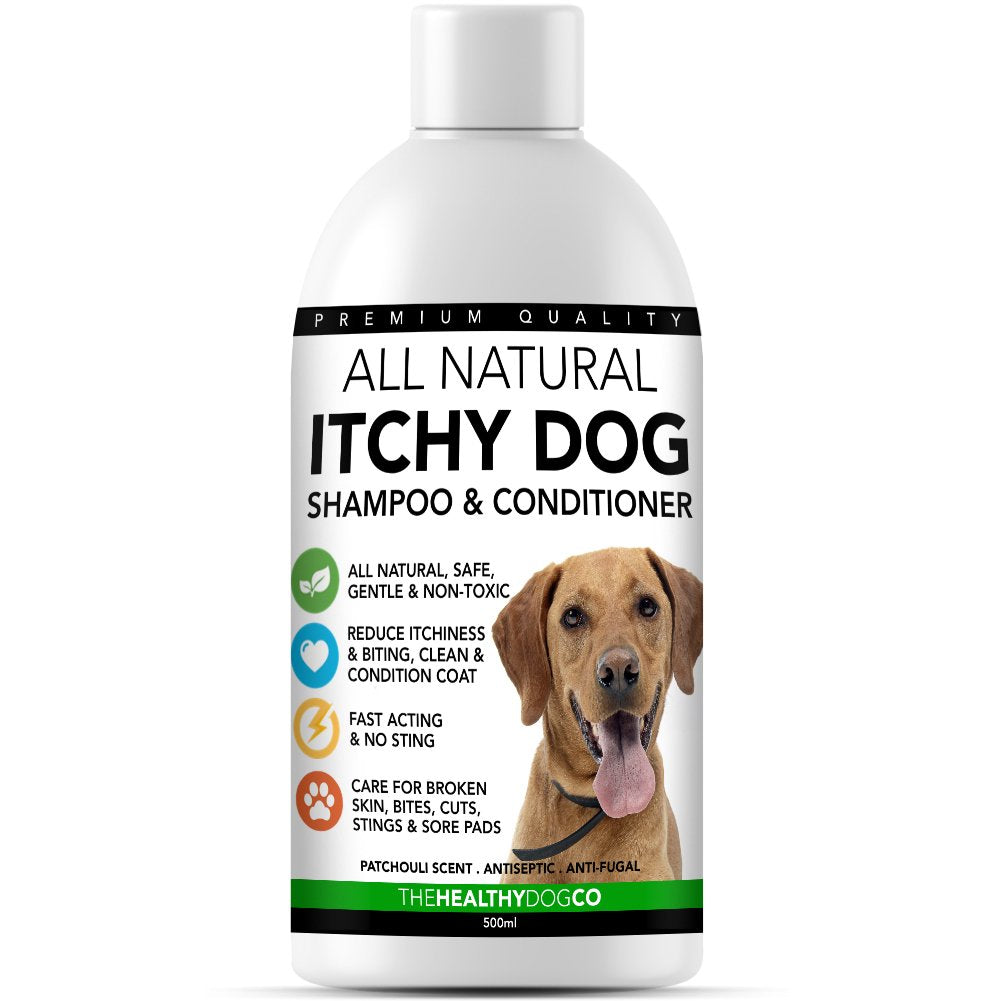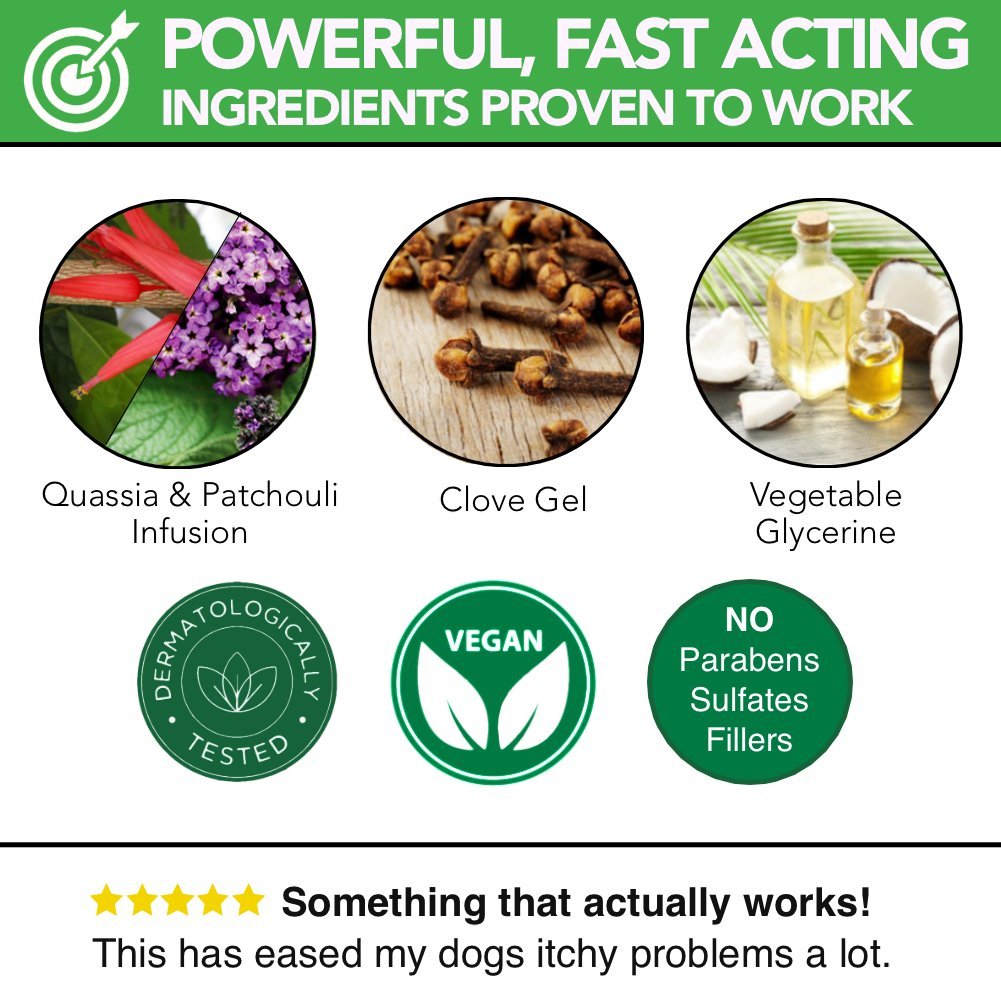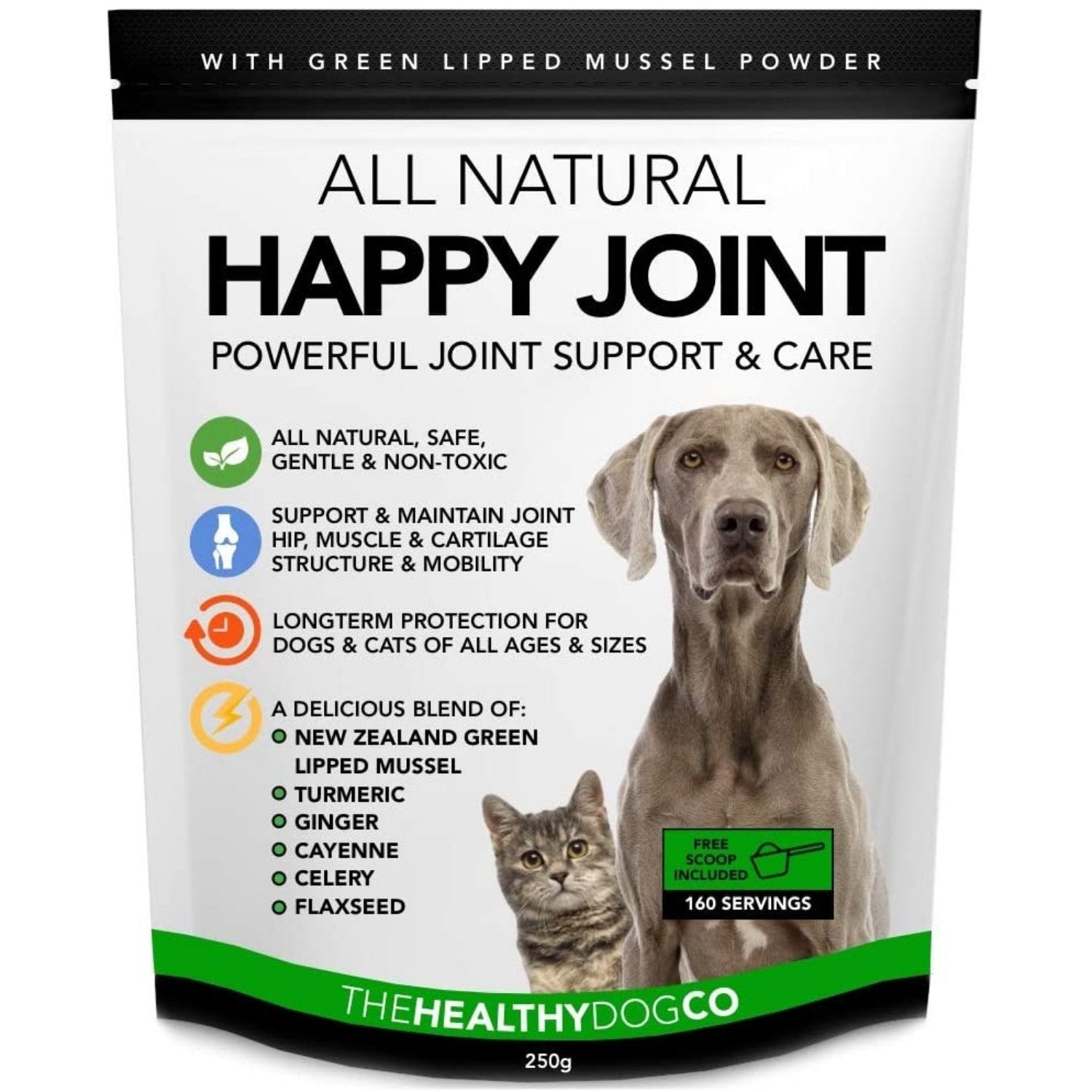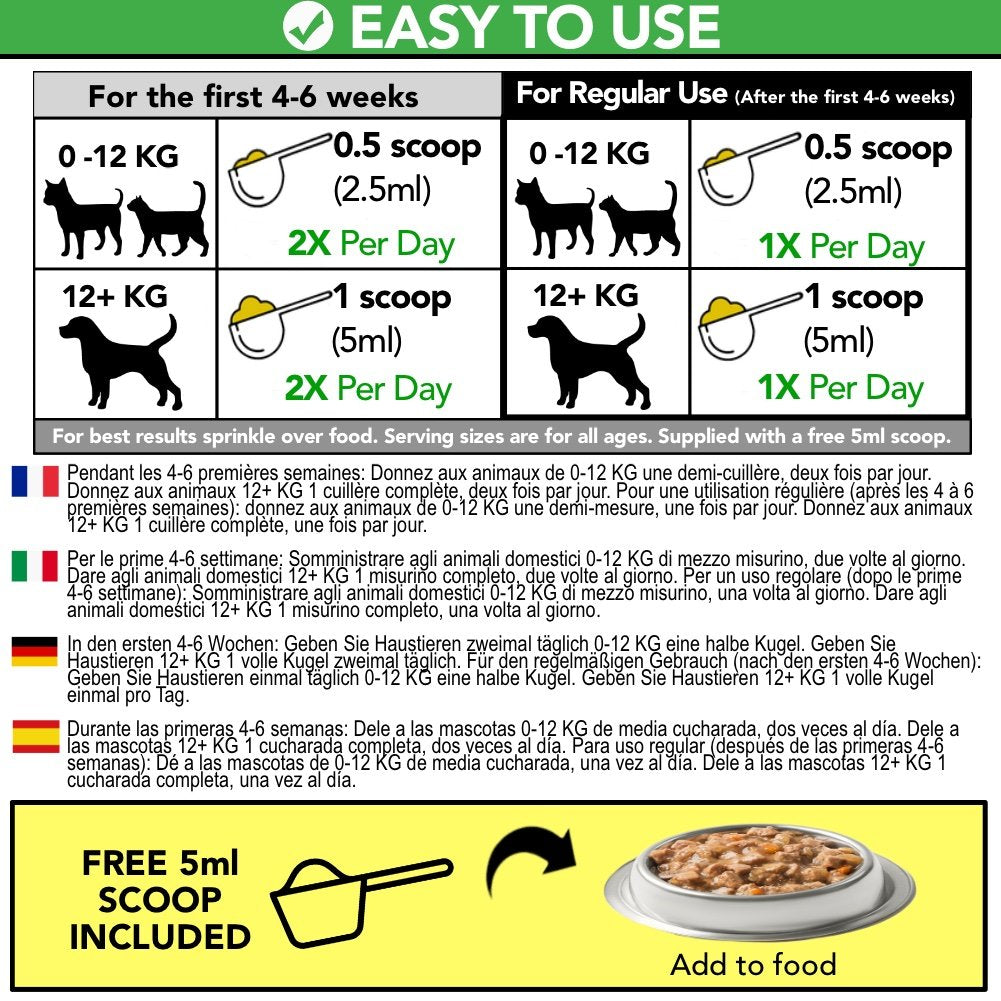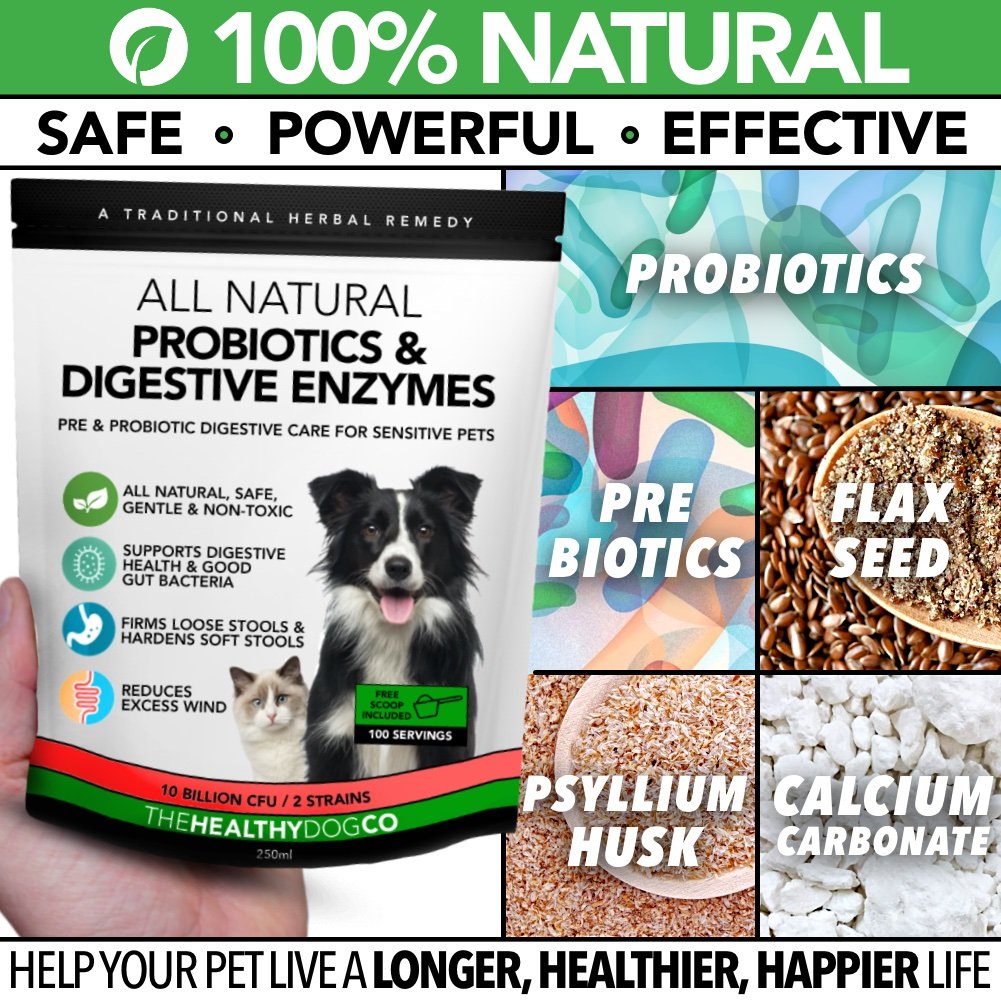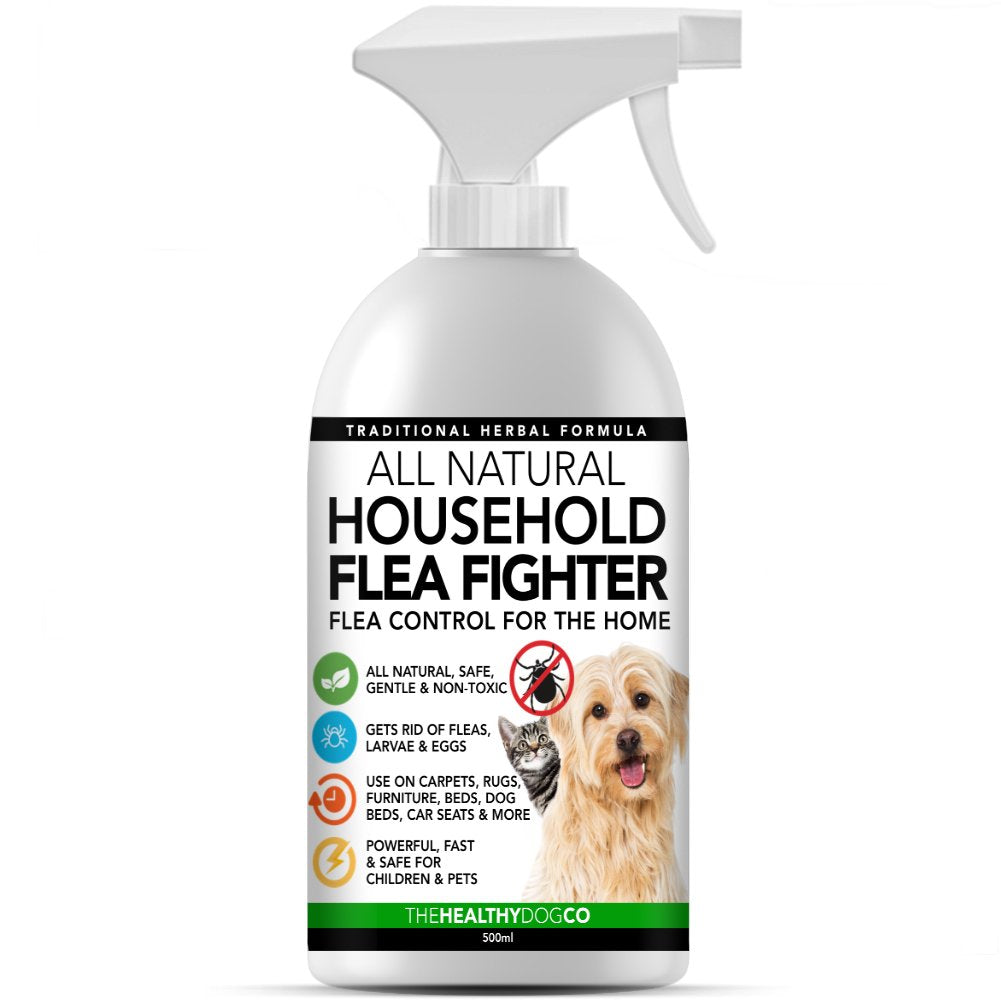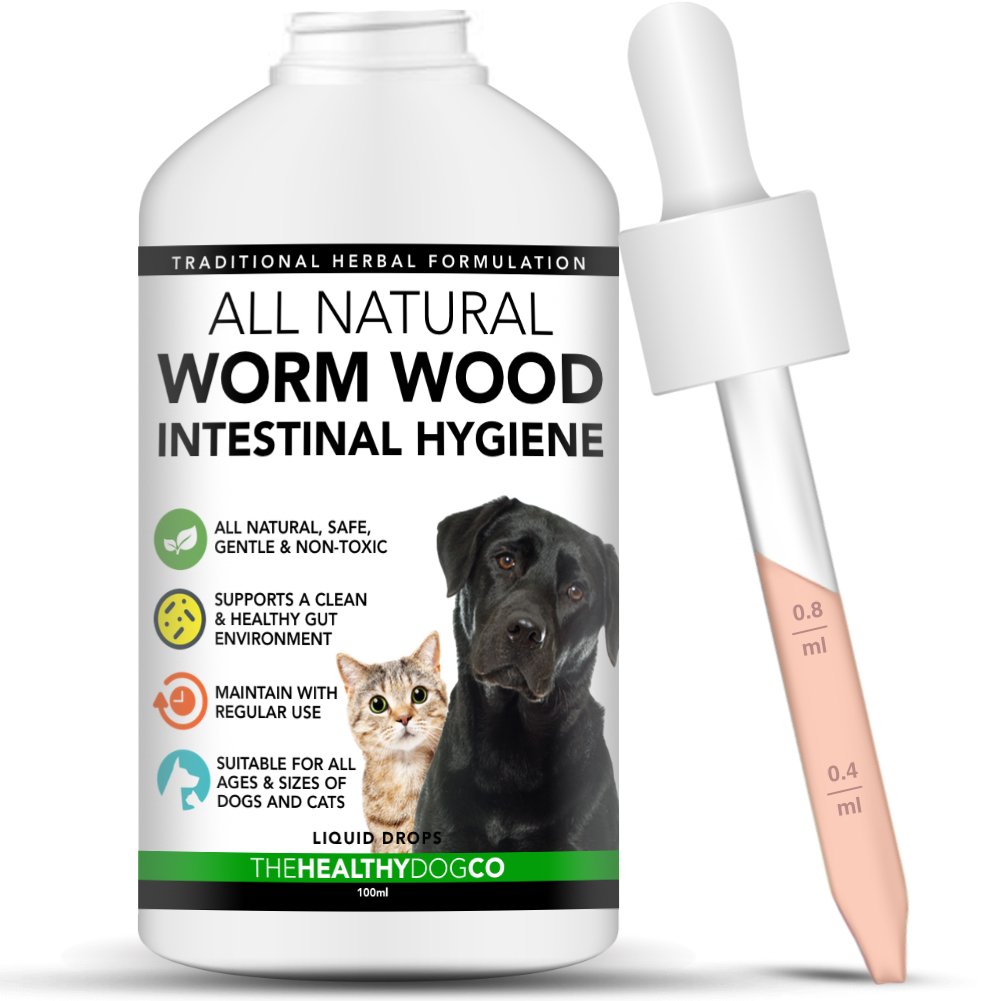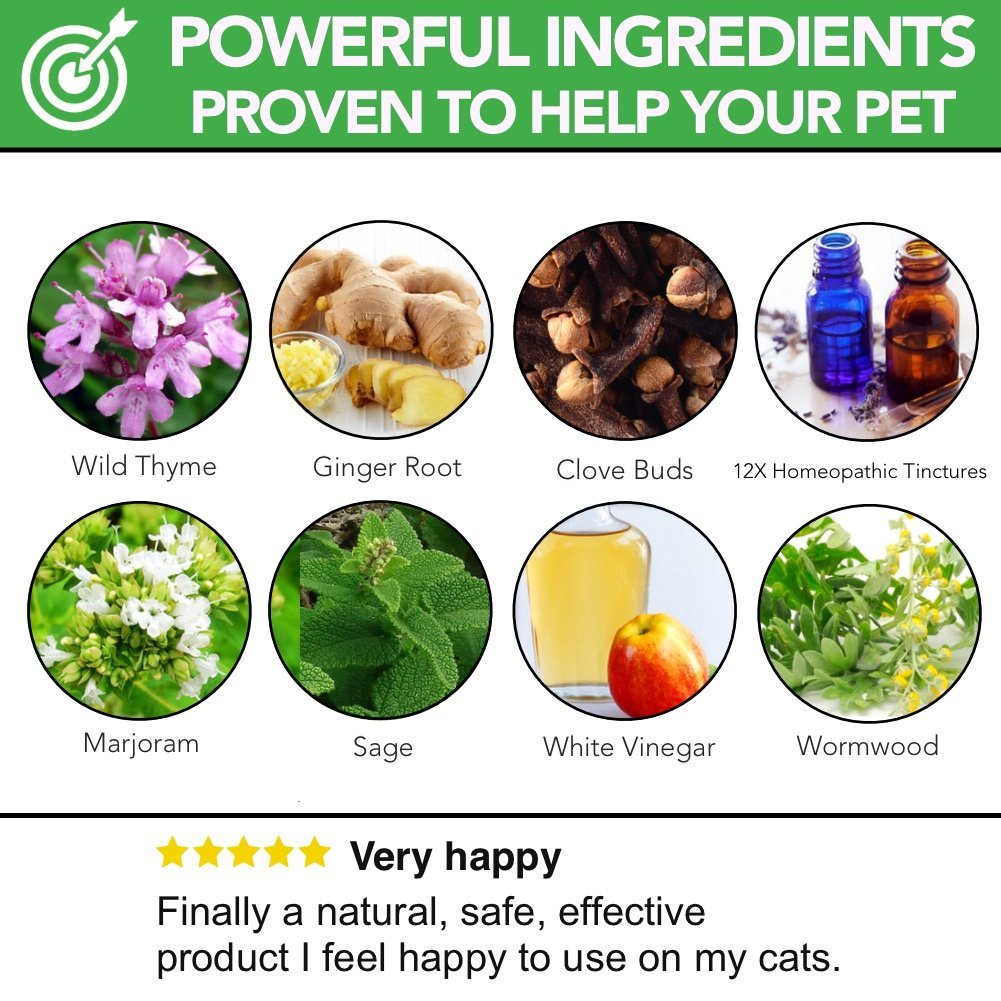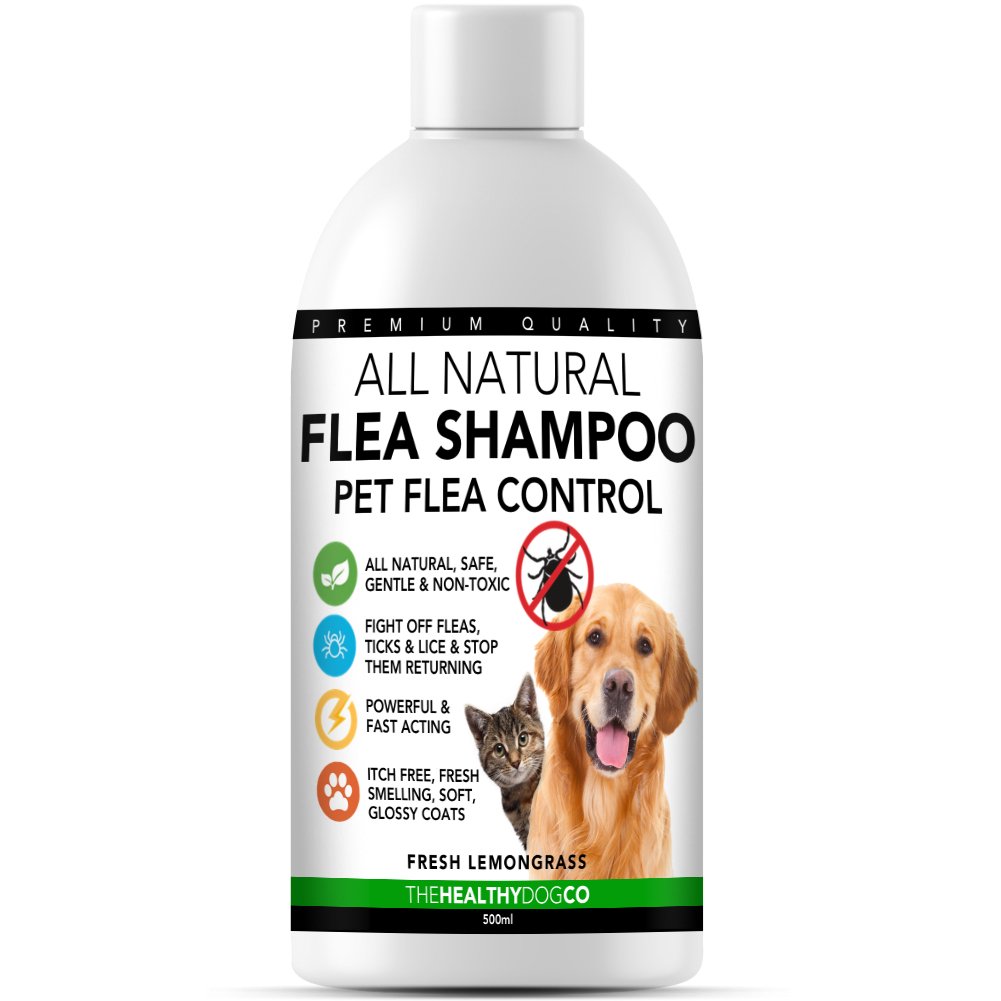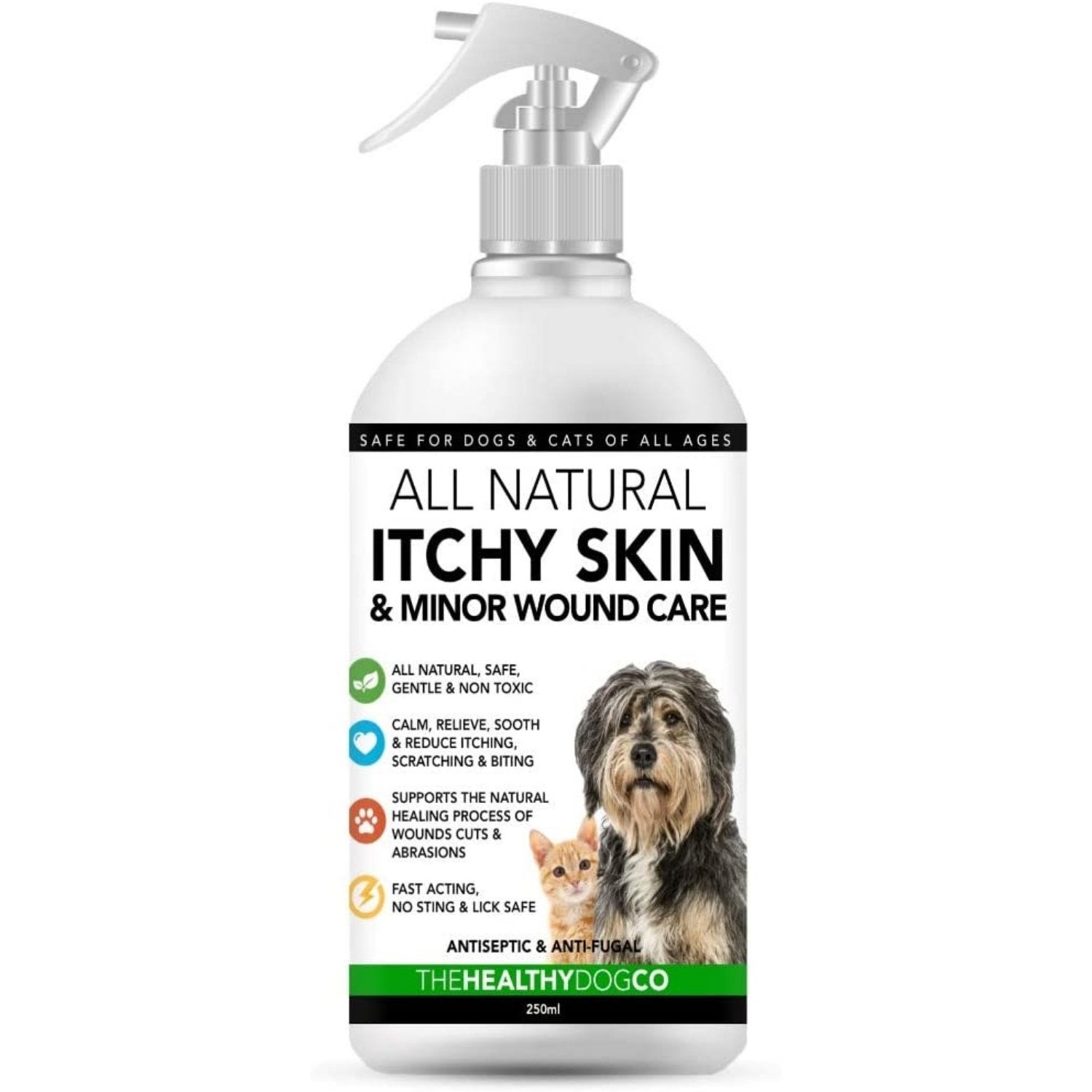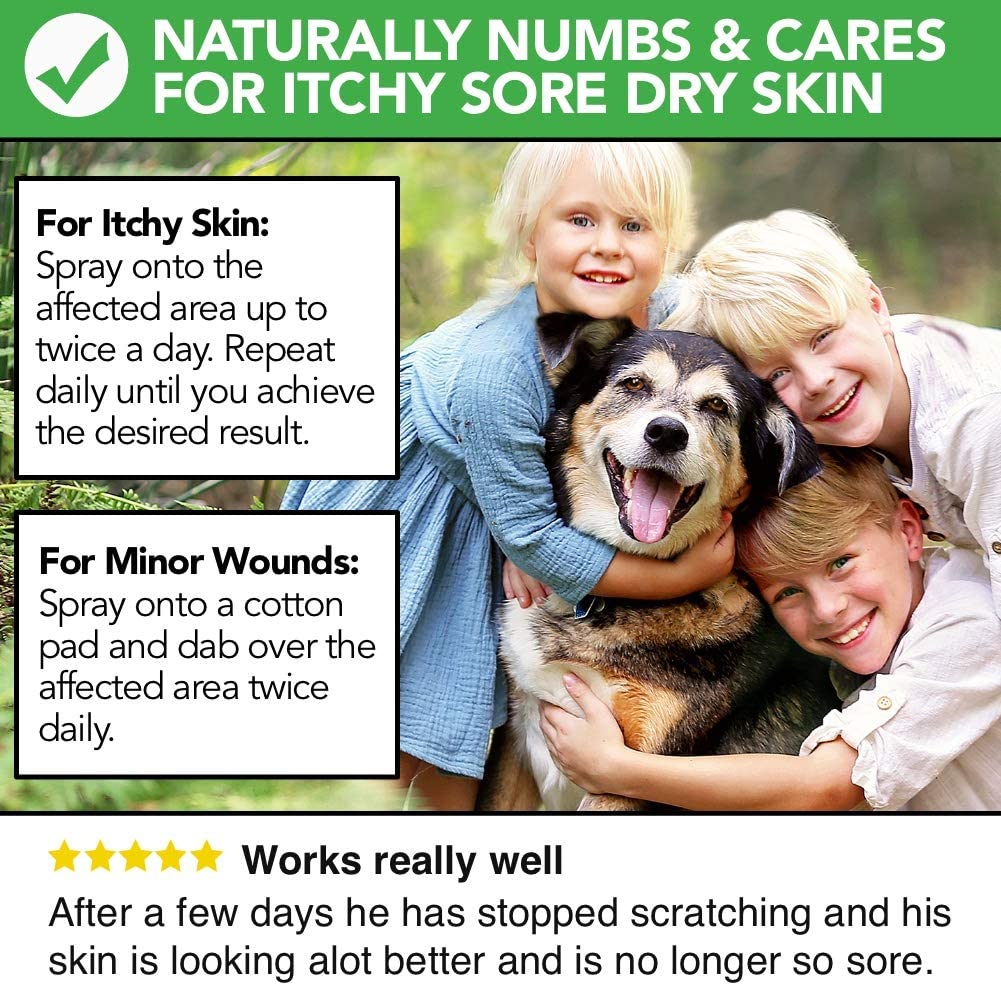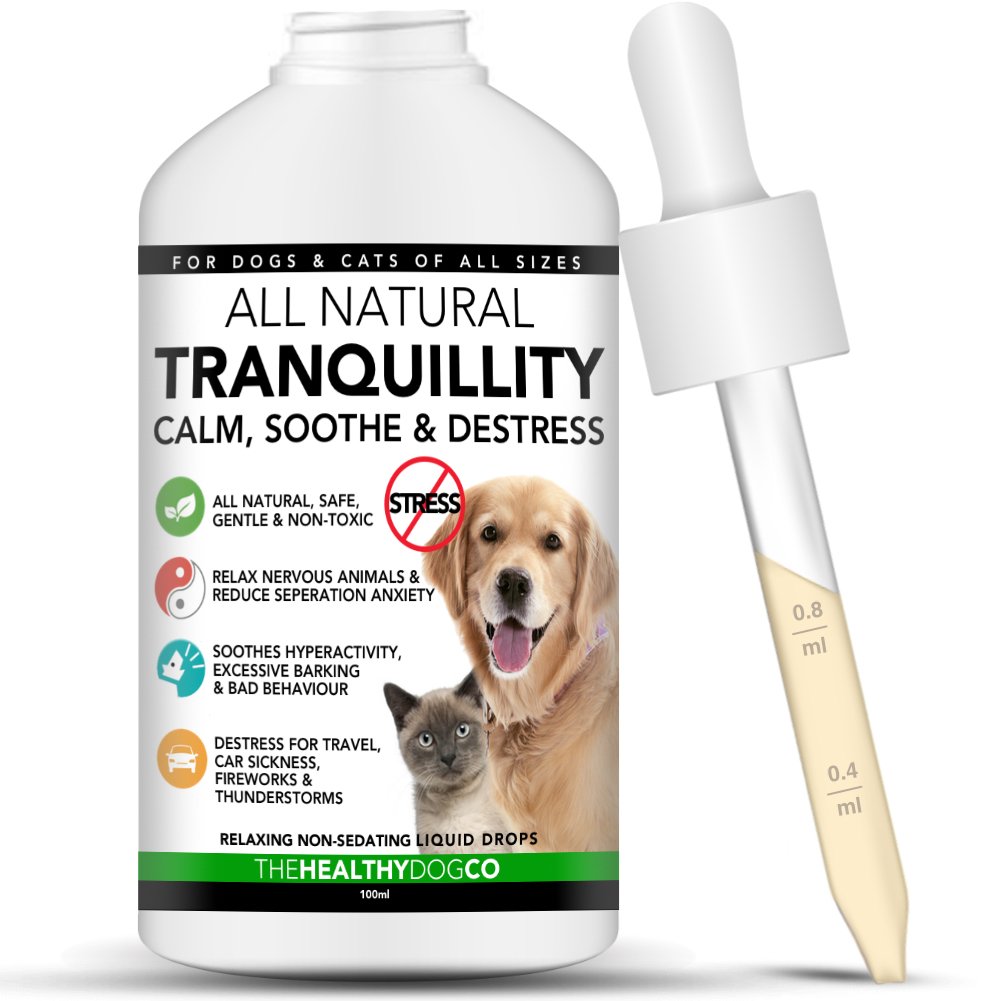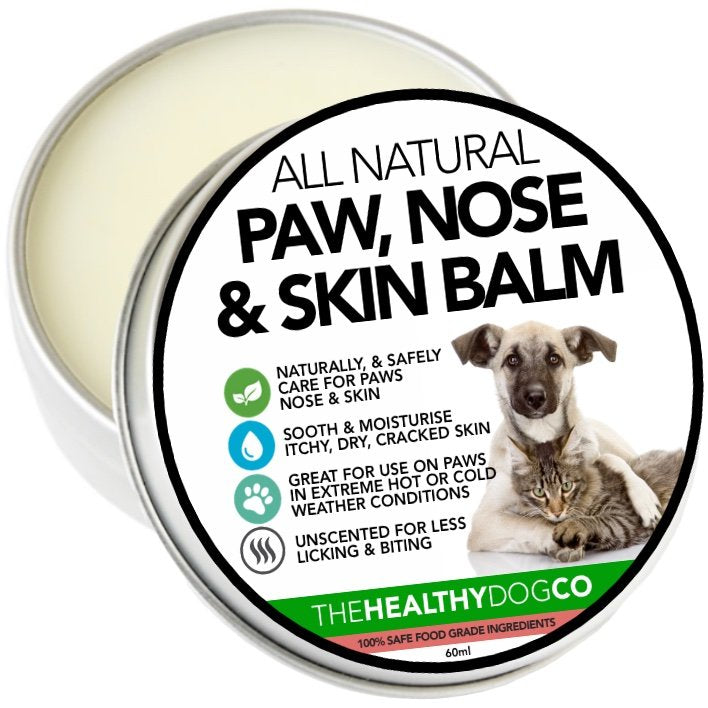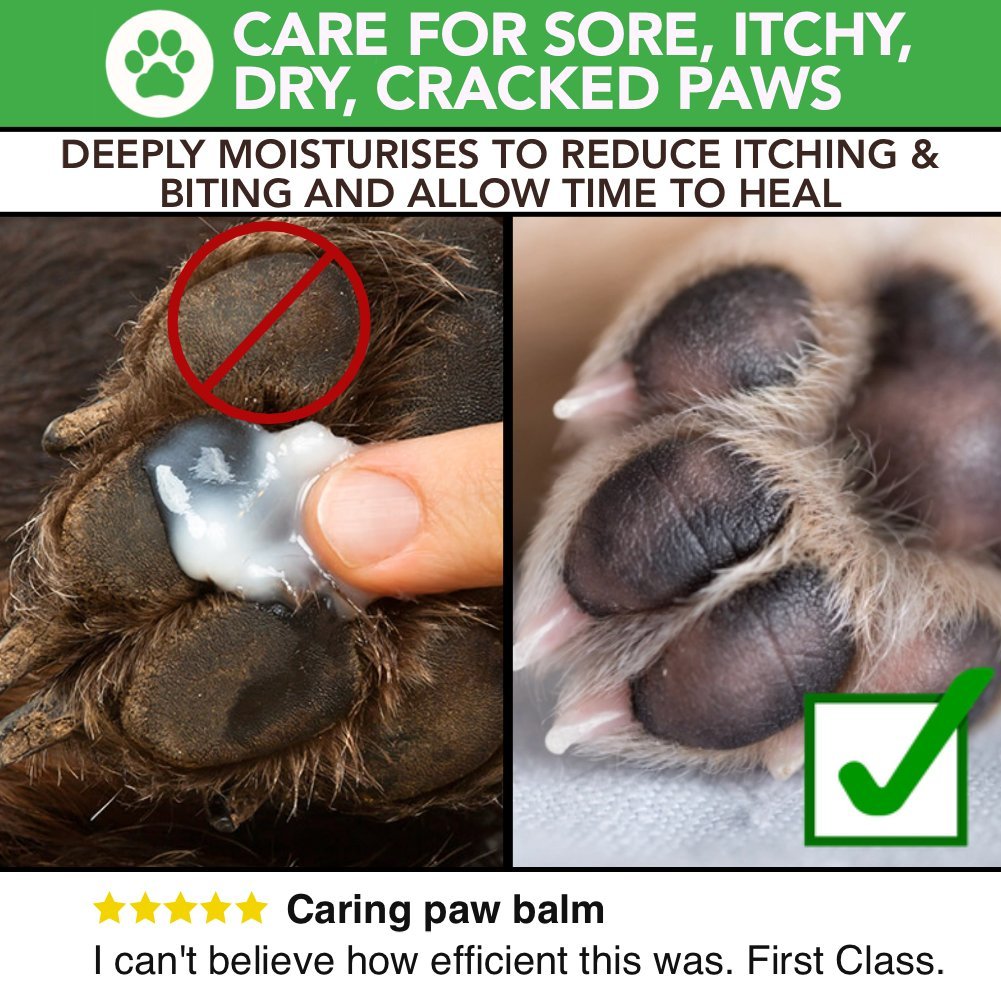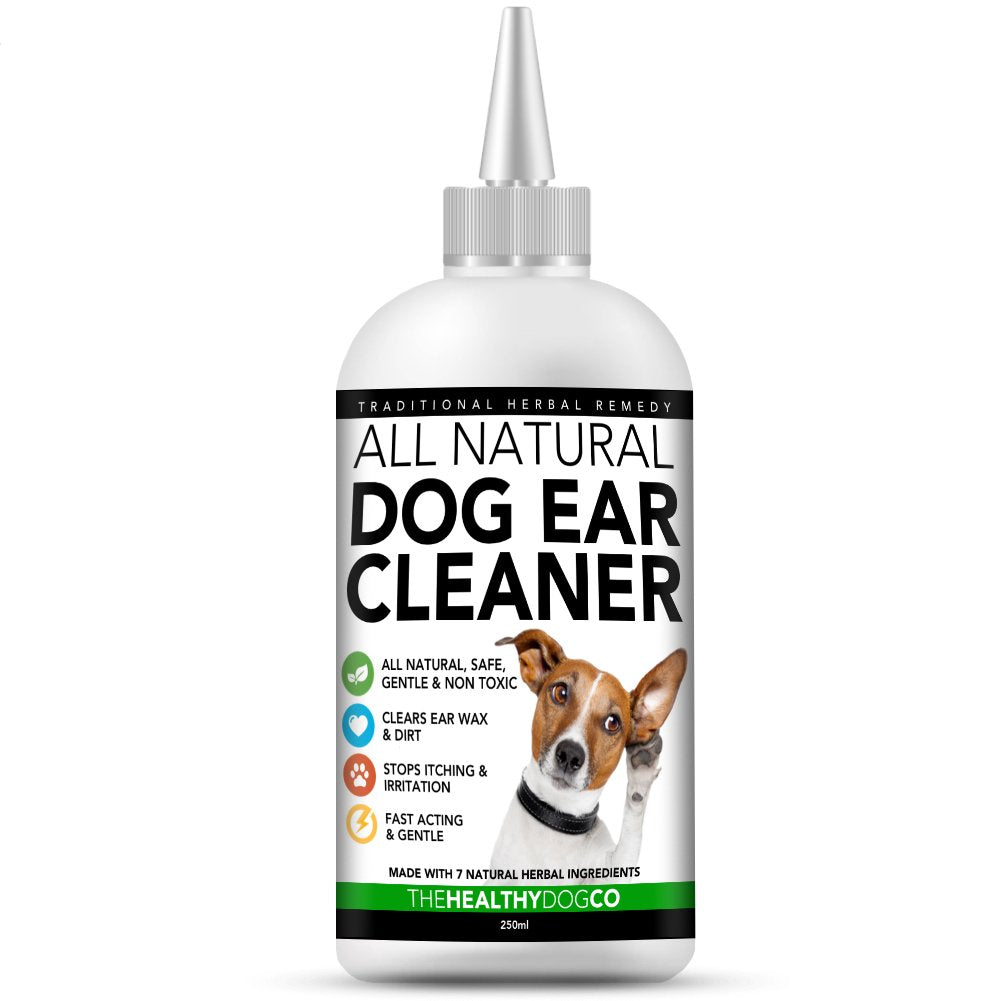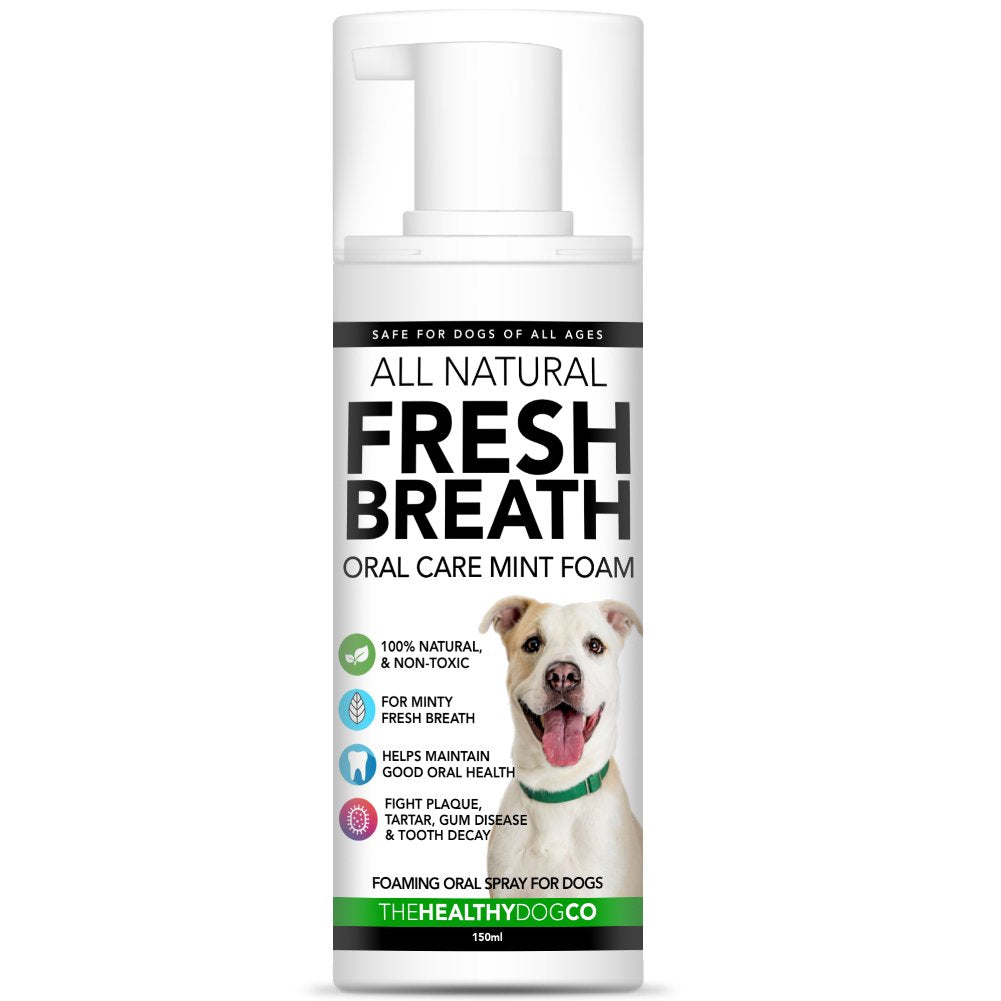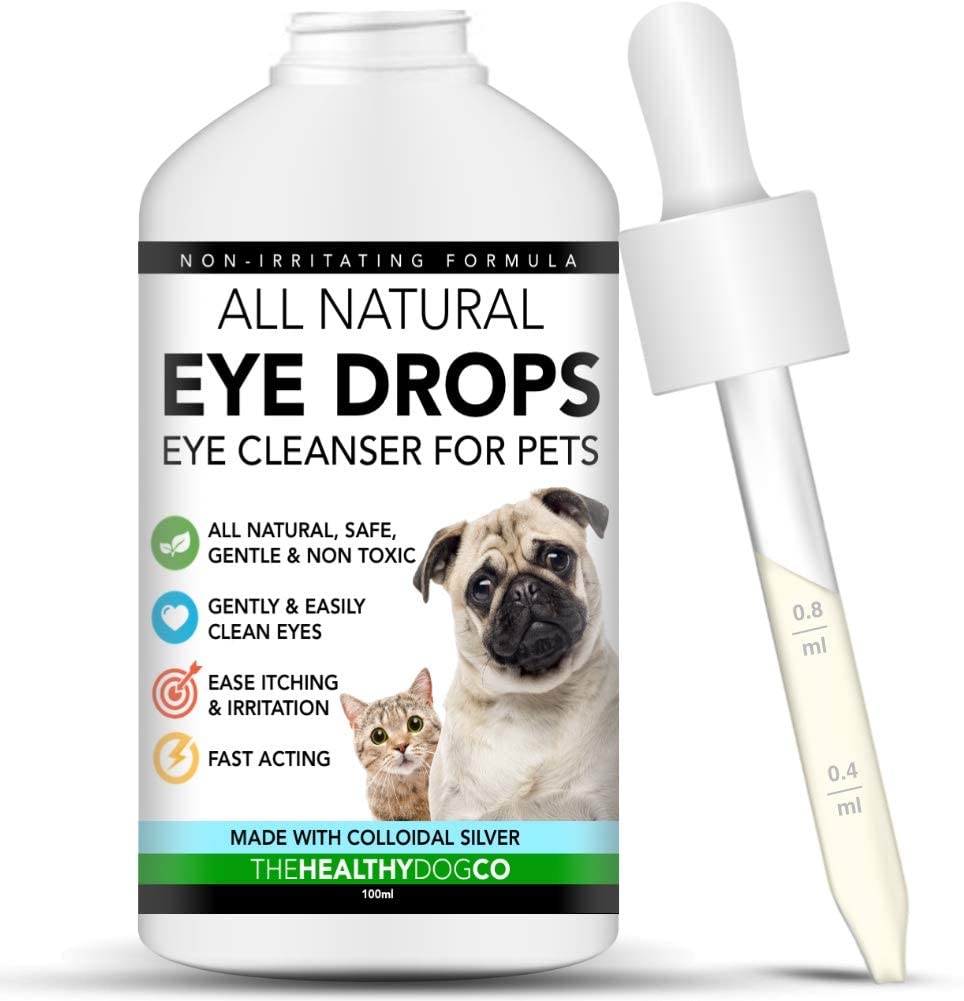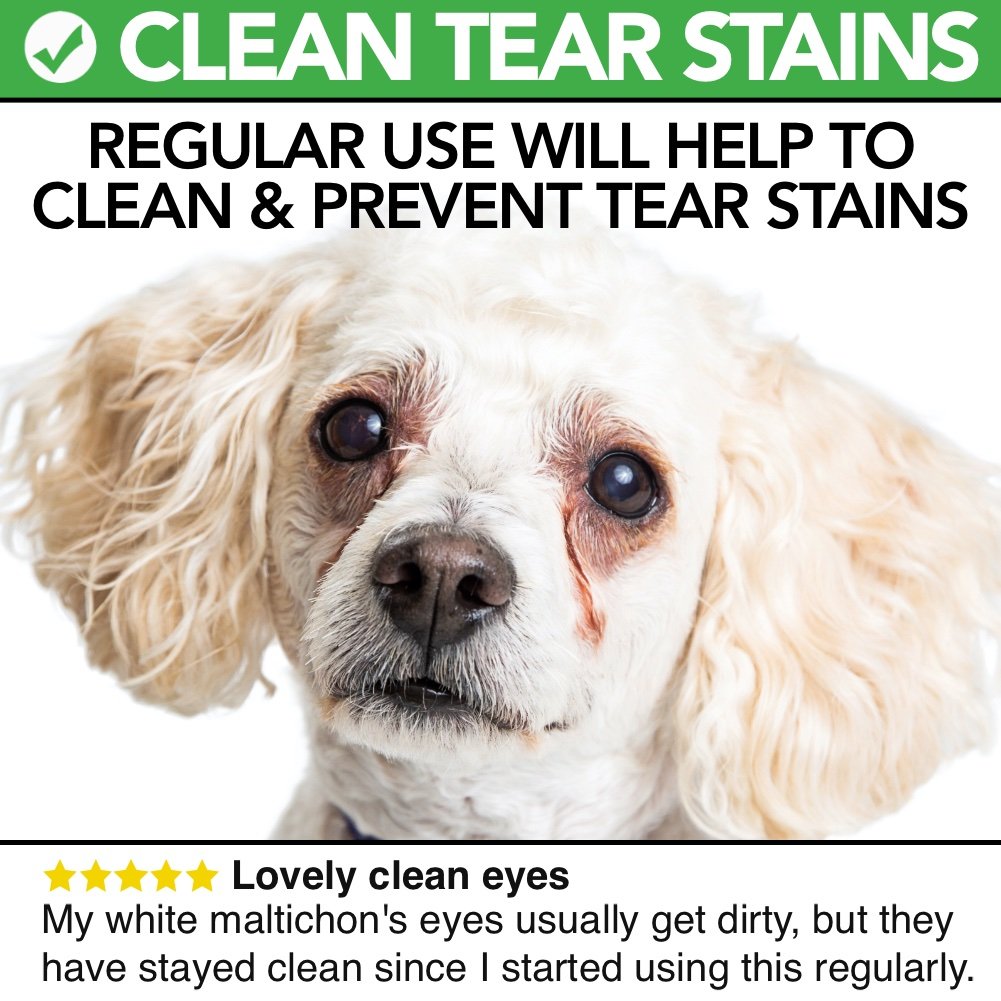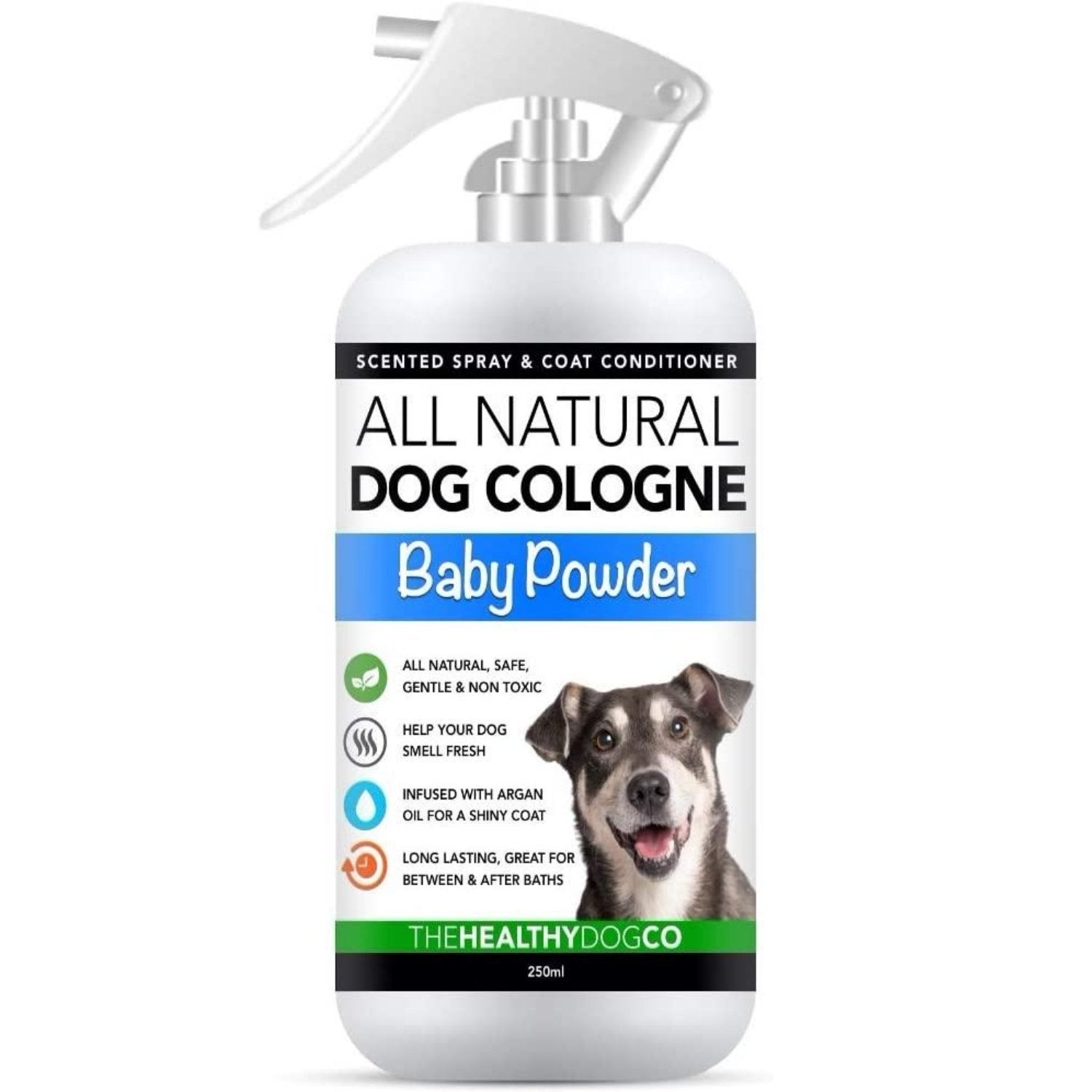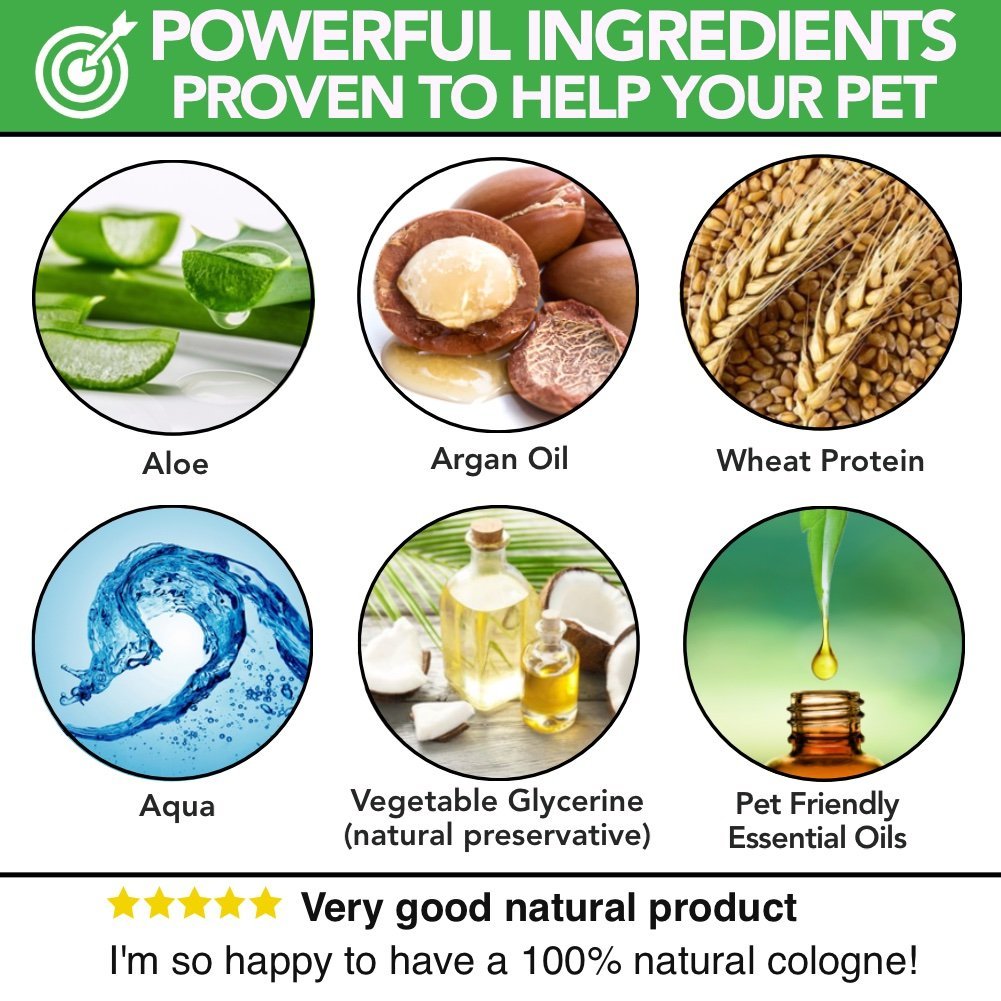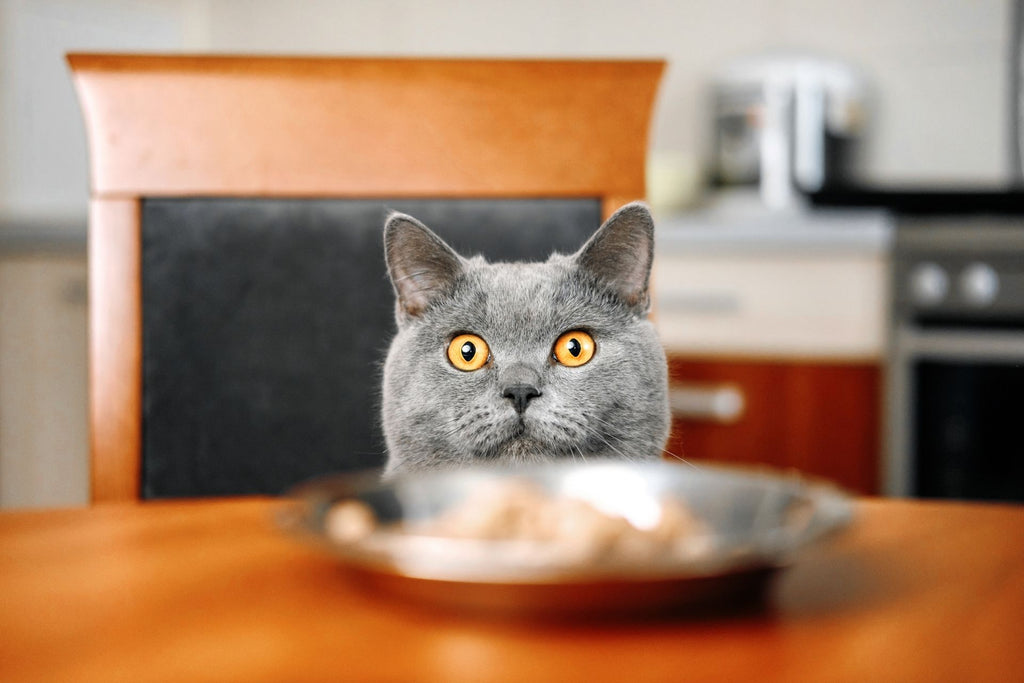
Why Is My Cat Not Eating?

If you have a cat as a member of your family, there's no doubt your furry feline friend has your heart wrapped around its paw. Because of this, you will of course become quite concerned when your cat stops eating. While some cats may be pickier about their food than others, a loss of appetite in cats is something you should take very seriously. Since a loss of appetite can be a signal certain health issues may be present, you'll need to pay careful attention to your kitty to discover what's wrong. Should you discover my cat has no appetite, here are some important factors to keep in mind.
How Long Can a Cat Not Eat?
Though cats can go several days without eating and still fully recover from an ailment, you shouldn't wait this long before seeking treatment from a veterinarian. In most cases, a sudden loss of appetite in cats will start to have an impact on them physically in as little as 24 hours. However, in regards to a kitten's loss of appetite, the lack of food will start to take a toll on them in as little as 12 hours, especially if they are less than six weeks old. As a general rule, a cat loss of appetite that results in them eating less than half of what they typically eat for two days in a row indicates a problem that needs to be addressed. Likewise, if your cat has no appetite and also vomits regularly or for at least three consecutive days, it's time to contact your veterinarian and schedule an immediate appointment.
Why Is My Cat Not Eating or Drinking?
While you know most of your cat's day is focused primarily on sleeping, perhaps playing a bit, and of course eating, noticing your cat's decreased appetite will be a cause for concern. When asking yourself why my cat is not eating or drinking, there can be a variety of factors at work in these situations. Since you know your cat better than anyone else and knows its various daily habits, you should start paying attention to anything unusual you think could be causing the problem. To help with this, here are some of the most common reasons your cat won't be eating or drinking.
A Change in Food
Just like yourself, your cat will like some foods more than others. As a result, while they may eat one kind of food offered to them, they might refuse to eat another type. For example, your cat may prefer fish flavours over turkey or beef. By switching foods, you may solve the problem. However, if this doesn't work, take the kitty to the vet.
High-Stress Levels
As you know, stressful situations often mean you have little or no appetite. In some cases, this can be the reason why your cat is not eating or drinking. For example, if your kitty is having to adjust to a new home after you've moved, is a new addition to your family, or perhaps is trying to adjust to a new canine or feline member of the family, these situations can lead to a lack of appetite.
Upset Stomach
If your cat has a stomach ache or has been vomiting or dealing with diarrhoea, the upset stomach will decrease its appetite. Just like humans who deal with upset stomachs, chances are your cat will be experiencing pain or discomfort when trying to eat or drink due to the gas buildup in their stomach.
Kidney Disease
One of the most common conditions in cats, especially older ones, kidney disease almost always decreases a cat's desire to eat or drink. Should kidney disease be present, it will make your cat feel nauseous and thus not wanting to eat or drink. If you think this could be the problem, make sure your cat visits a veterinarian as soon as possible.
Mouth Pain
If it looks as if your cat wants to eat but is reluctant to do so or exhibits signs it may be in pain when eating, dental problems may be the reason for the loss of appetite. Whether it's gum disease, a broken tooth, a cavity, or other issues, your veterinarian can examine your cat's mouth and diagnose whatever problem may be present.
Can Stress Cause a Cat to Not Eat?
As stated earlier, stress can cause a cat to not eat. However, you may have to be quite a detective to figure out this is your cat's problem when it comes to their loss of appetite. Along with spending much of their time sleeping, cats are also very adept at hiding their anxiety. Thus, while you may think your cat is simply sleeping or trying to relax, the reality is they may be feeling very high levels of stress. But to be sure this is indeed the problem, you should always take your cat to a vet for an exam when they stop eating. Once your kitty has received a thorough exam from your vet and it's confirmed they have no physical problems related to their loss of appetite, you can then start working on soothing your kitty's nerves and bringing back their appetite. Whether this means spending some extra time with them to convince them the new home you just moved into is okay or the new kitten that just arrived will someday be their best friend, understanding your cat can also be stressed out can play a big role in keeping them healthy and happy. To help relieve stress try our All Natural Tranquillity calming drops for dogs and cats.
Reasons Why Your Cat Has Lost its Appetite
As you've probably figured out by now, there can be a multitude of reasons as to why your cat has lost its appetite. However, the good news is that for most of the reasons associated with a kitten's loss of appetite or a lack of appetite in cats who are adults, the problem can be corrected and your cat can once again start insisting its food bowl be filled up time after time. While some reasons have already been discussed as to why your cat has lost its appetite, here are a few more that could be leading to your cat's sudden disdain for food and drink.
Fever and Sore Throat
Whether it's a common cold or a respiratory virus, cats can have a fever and sore throat just like humans. As you know when you've had such problems, the last thing you want to do is try to swallow anything when you have a sore throat. Also, a fever will make a cat feel lethargic and result in it doing little else but sleeping. While your vet can give your cat some antibiotics to help lower their fever and rid them of the sore throat, these issues often have to simply run their course, which they do after a few days. But if they don't, make a return trip to your vet at once.
Diabetes
Yes, your cat could be a diabetic. Common in cats who may be overweight or older, diabetes that has not been diagnosed and treated can result in very high blood sugar levels, which often brings on nausea and of course decreases your cat's appetite. By taking your cat to the vet and having blood work and various other tests done, your vet can make the proper diagnosis. In some cases, cats require shots of insulin daily to keep their diabetes under control, so discuss this with your vet should a diagnosis of diabetes be made for your cat.
Face or Jaw Trauma
In some instances, your cat may be injured and unable to eat. For example, if they have a fractured jaw, they will be in pain and not want to move their mouth if at all possible. Also, if they have suffered an injury that resulted in a broken tooth or another injury to their mouth, they will show little if any appetite. In these situations, getting emergency treatment for your cat should be your top priority.
Food Allergies
Yes, your cat's decreased appetite could be the result of food allergies. Though not very common, cats can be allergic to certain foods just like humans. In many cases, the allergies will centre on foods containing fish. Thus, if you feed your cat a certain kind of food and then later on notice it appears to be itching more than usual, a food allergy could be the culprit. If it is and you aren't aware this is the problem, you'll start to wonder why your cat is suddenly not eating food it once loved. Fortunately, your vet can conduct allergy tests on your cat to determine what if any problems exist in this area.
What to do When Your Cat Won't Eat or Drink
When your cat won't eat or drink, don't panic. While it could be something serious, it could also be the fact that they just aren't hungry at that moment or don't like what you've put in their bowl. However, while you shouldn't panic, you also should not dismiss it as anything, since something is amiss. But before going to the vet, there are some things you can do at home. For example, if your cat has turned down one flavour of food, you can simply try another to see if it's to their liking. Also, if your cat acts nervous, you can put them in a quiet room where you can sit down and pet them to help them calm down. Along with these measures, try to think about the last time you remember seeing your cat eat and drink, and if they are showing any other signs that may indicate illness.
When to See the Vet
If you've tried some home interventions to no avail, you should take your cat to the vet for an examination. In most cases, you should schedule a vet visit if your cat has gone without eating or drinking for two consecutive days. However, if referring to a kitten's loss of appetite, one day without eating should warrant a trip to the vet.
Maintaining Your Cat's Appetite

Whether you solved the problem yourself at home or required the help of a vet to get your kitty eating and drinking once again, there are products you can get for your cat that can be used at home to maintain its appetite, such as our All Natural Worm Wood Intestinal Hygiene. For use with all ages and sizes of cats as well as dogs, its all-natural mix of herbal ingredients maintains your cat's intestinal hygiene safely and effectively. By filling the dropper and then squirting it into your cat's mouth or onto its food every month for two consecutive days, your mind, as well as your cat's stomach, will be put at ease. Best of all, the 100ml bottle will last up to two years, making it convenient as well as economical. Receiving numerous five-star reviews, we highly recommend this product for your favourite feline.
Your Vet's Diagnosis
In cases where you believe a vet visit is necessary for your appetite-challenged kitty, reaching a diagnosis will involve numerous steps. To begin with, your vet will examine your cat's mouth to check for any problems with the teeth, gums, or throat. Next, they will weigh your cat to see if a significant weight loss has occurred since your last visit. Also, the vet will check your cat's body to see if it has any areas that are painful to the touch since this could indicate injuries or perhaps even tumours. Finally, blood tests and other tests may be conducted to rule out various possibilities.
Getting Nutrition into Your Cat
Once the vet has finished examining your kitty, the next goal is to get some nutrition back into your kitty. While this may be as easy as tempting it with its favourite food, it may also require some IV fluids to compensate for any electrolyte imbalances. As a last resort, your vet may need to insert a feeding tube directly into your cat's stomach, which is usually only done in extreme cases. With most kitties, getting help as early as possible once they stop eating and drinking will eliminate the need for invasive techniques such as a feeding tube. As an added precaution, your vet will likely prescribe certain medications for your kitty that will help with appetite stimulation or help offset the issues associated with various illnesses.
How Can I Get My Cat to Eat? Preventative Measures
Since you'll be worried about your cat's loss of appetite and want to get the problem corrected as fast as possible, there are several preventative measures you can try at home. First, especially if you have a senior cat, see if they are experiencing any pain when they are moving around or sitting down. If you notice any limping, see your cat hunched over, or notice they are crying or flinching when trying to eat, you'll need to contact your vet.
However, if you don't notice any signs of pain or discomfort, it's time to put your kitty TLC skills to the test. To begin with, give your cat a comfortable spot to sit or lie down, such as a pet bed, pillow, or blanket. Next, spend some time with your cat, where you can pet it and talk to it in a soothing voice. Many times, simply being able to reassure your cat all is well will make their appetite suddenly reappear. Once you've given your kitty plenty of one-on-one attention, try tempting it to eat by putting some of its favourite food on your finger and placing it near its mouth. If it licks the food off your finger, try it a second time. If this works, put some of the food into your kitty's bowl and place it nearby. If all goes well, your kitty will jump down and start eating, letting you know everything is once again perfect in its world.
Take Your Cat's Personality into Consideration
If you find your cat is not eating, consider your cat’s personality when trying to figure out what's going on. While some cats are very easygoing, others are very high-strung and get stressed out over the simplest of things, such as if you rearranged the furniture in your cat's favourite room. By knowing how your cat behaves on most days, you might be able to save you and your kitty a trip to the vet.
As soon as you notice my cat has no appetite, spring into action to find out how this situation can be reversed. Whether it involves only opening up a second can of food or making a trip to the veterinarian, do all you can to get your cat back to eating and drinking as fast as possible. By doing so, you and your favourite feline friend will feel much better physically and emotionally.
About The Healthy Dog Co
The Healthy Dog Co’s mission is to create products that dog and cat owners can trust with the health of their pets by only producing products with healthy, safe, all natural ingredients.
At The Healthy Dog Co, it’s all about giving your pet a healthy and happy life with All Natural Health, Happiness and Care Products.
Because Your Pet Deserves Better!
Shop our range of All Natural Healthcare Products for your Dog or Cat today!



